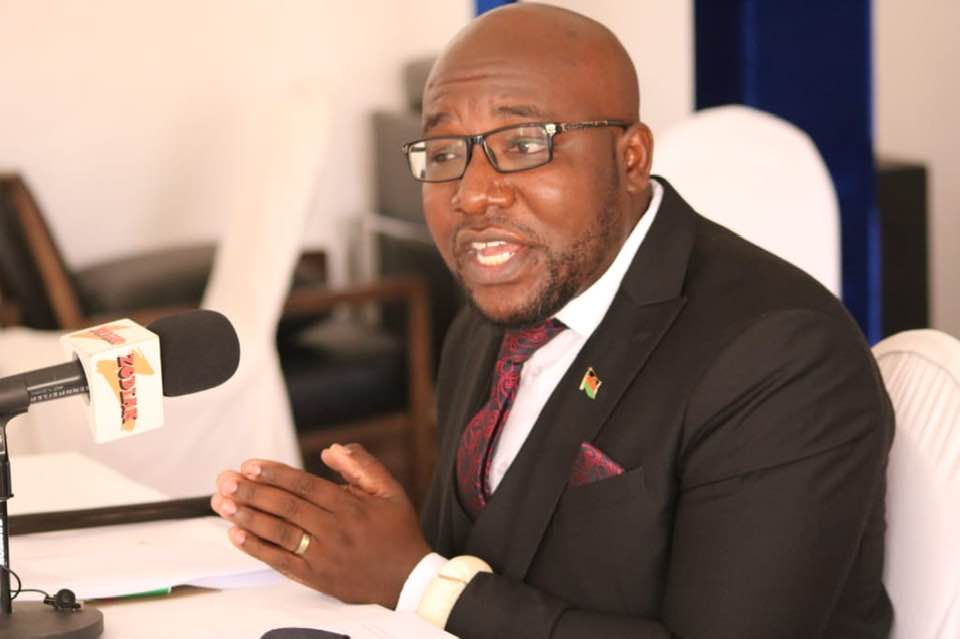EU in project to power energy sector
The European Union has launched a 2.5 million euro energy sector twinning project that seeks to support modernisation and industrialisation of Malawi’s economy in line with aspirations in Malawi 2063 (MW2063).
The project is expected to enhance governance in Malawi’s energy sector, a key towards achieving MW2063, the country’s long-term development strategy.
Through the project, Malawi Energy Regulatory Authority (Mera) is expected to strengthen the governance and institutional set-up of the energy sector.
Speaking yesterday during the launch of the project in Lilongwe, EU Ambassador Rune Skinnebach said Malawi’s energy sector has gone through important reforms, including unbundling of Electricity Supply Corporation of Malawi (Escom), but there was still more work to be done to address challenges.
He said Malawi should address challenges such as low electrification rate, high vulnerability of the hydro-based generation to climate risks and the development of the grid.

Said Skinnebach: “Let us remember that by powering up homes and businesses, we are not just illuminating rooms, we are igniting opportunities, fuelling progress and ultimately empowering the people of Malawi to shape a brighter future.”
Minister of Energy Ibrahim Matola said government expects a lot of transfer of knowledge and technical knowhow from a team of experts in the Twinning project. He said the experts need to be committed to fulfil what they have been sent to achieve.
He said the project has come at the right time as Mera is realigning itself to the Malawi 2063 aspirations for modernisation and industrialisation of the economy with the energy sector playing a central role.
Italian Energy Regulator and Slovakia Energy Regulator will work closely in a strategic partnership with Mera to ensure development of a modern energy sector,
The project will also strengthen Mera’s capacity in areas of economic regulation, market analysis, legal capacity and administration and consumer protection.
Electricity access in Malawi stands at 11 percent on grid and about six percent off grid. The rural areas are the most affected despite that majority of the population lives there.
Currently, rural electrification stands at 4.2 percent but government plans to increase to 30 percent by 2030 through the grid and to 100 percent universally. The universal includes grid and other alternatives such as solar.





